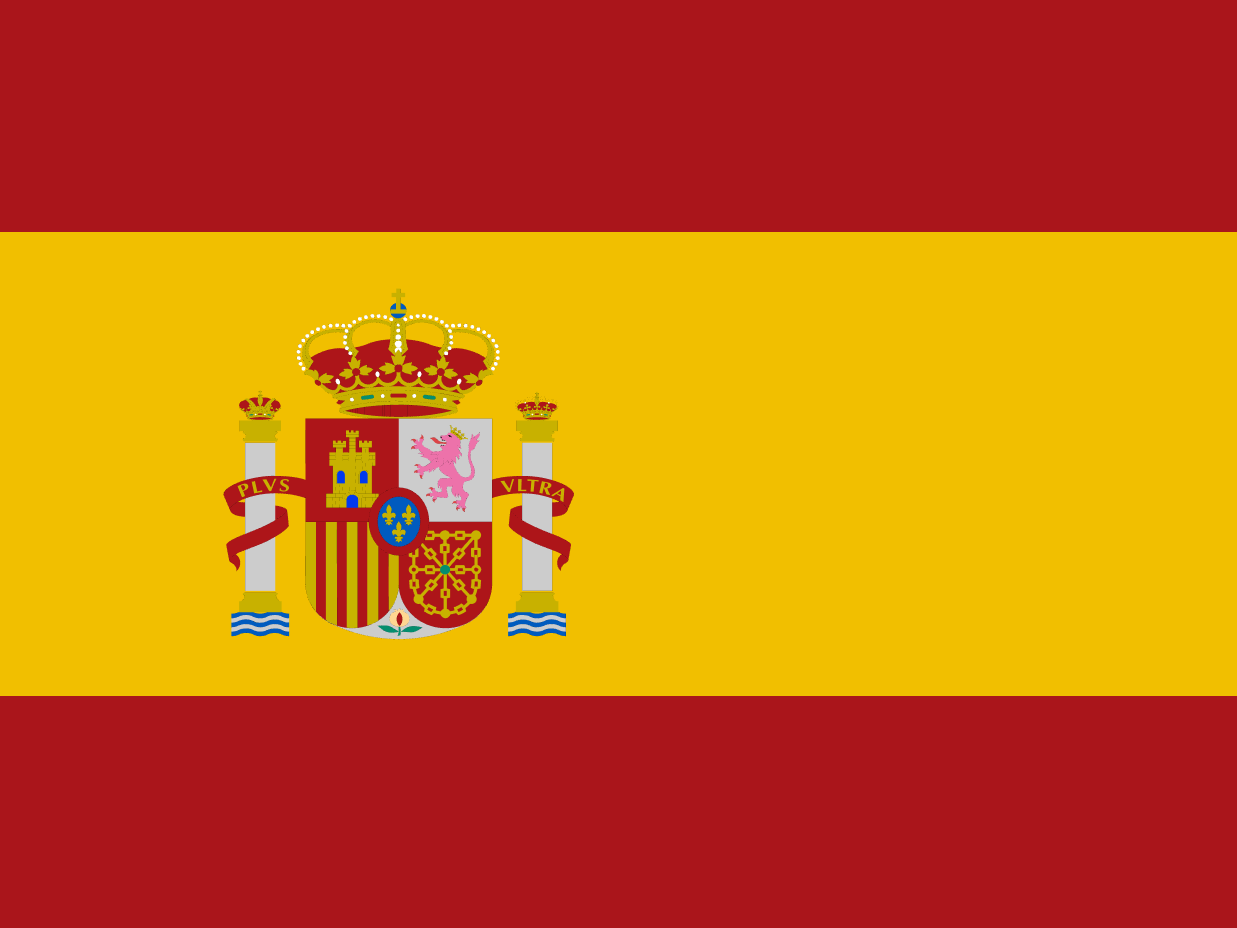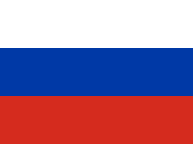Jurisdictional Fragmentation
One of the most significant challenges in global iGaming is the patchwork of regulations across countries, sometimes even within regions of a single country. What’s legal in Malta might be restricted in Germany or outright banned in the UAE.
- Some jurisdictions allow full online gambling (UK, Malta, parts of the US)
- Others ban iGaming entirely or only allow limited formats (e.g., sports betting, lotteries)
- Many require operators to have a local license and a physical presence.
Licensing and Regulatory Compliance
Acquiring and maintaining licenses in multiple jurisdictions is costly, time-consuming, and often requires localized compliance processes. Licenses come with ongoing obligations:
- KYC (Know Your Customer) and AML (Anti-Money Laundering) protocols
- Responsible gaming tools (cool-off periods, deposit limits)
- Financial audits and data retention policies
- Continuous reporting to regulators
Data Protection and Cross-Border Transfers
With GDPR in the EU and other rising data privacy laws (like CCPA in California), protecting user data is critical. iGaming platforms collect sensitive data—ID documents, banking details, betting behavior—making them targets for regulators and cyber criminals.
- GDPR requires explicit consent and the right to erasure
- Many countries restrict data transfers to servers outside their borders.
- Cross-border data flows must comply with local privacy laws.
Advertising and Marketing Restrictions
Marketing practices allowed in one country might be illegal or tightly restricted in another. Some jurisdictions ban:
- Affiliate marketing
- Welcome bonuses or “free play” promotions
- Ads targeting minors or vulnerable individuals
Regulators are increasingly cracking down on misleading or aggressive promotions in iGaming, especially in Europe.
Payment Processing and Financial Laws
Handling payments across borders means navigating a maze of financial laws, including:
- Currency restrictions
- Local financial reporting standards
- AML and fraud prevention protocols
- Partnerships with approved PSPs (Payment Service Providers)
Some countries even restrict which payment methods can be used for iGaming (e.g., credit cards banned for gambling in the UK).
Emerging Markets: Opportunity Meets Risk
Markets like Latin America, Southeast Asia, and Africa are increasingly attractive for iGaming operators, but their legal frameworks are often underdeveloped or rapidly changing.
- Laws may be vague, contradictory, or in flux.
- Political or cultural shifts can lead to sudden regulatory changes.
- Corruption or enforcement gaps may create reputational risk.s
Anti-Money Laundering (AML) Obligations
iGaming platforms are considered high-risk sectors for money laundering. Operators must enforce rigorous AML protocols to identify, report, and block suspicious activity.
- Conduct Enhanced Due Diligence (EDD) on high-value players
. - Monitor for transaction structuring and unusual patterns.s
- File Suspicious Activity Reports (SARs) with the relevant authoriti.es
Taxation and Revenue Reporting
Each jurisdiction has its tax treatment for online gambling—some impose GGR taxes (Gross Gaming Revenue), while others demand flat license fees, VAT, or player-level levies.
- Multiple local tax registrations may be required.
- Misreporting can lead to audits or retroactive penalties.
- Tax treaties and transfer pricing rules impact international subsidiaries.s
Intellectual Property & Game Licensing
iGaming companies must navigate IP laws carefully to avoid infringing on copyrighted material or using unauthorized software engines. Common pitfalls include:
- Reskinning licensed games without proper re-authorization
- Using third-party content without verifying licensing terms
- Operating “white-label” casinos with unclear IP ownership
Regulatory Blocklists & Gray Markets
Operating in gray or blocked markets can lead to massive reputational and financial damage. Many regulators publish lists of unauthorized operators and may:
- Block domain/IP access
- Freeze payments via local PSPs
- Penalize suppliers who work with illegal operators
Future-Proofing Through RegTech
With the legal environment evolving constantly, many iGaming businesses are investing in Regulatory Technology (RegTech) to automate compliance and reduce risk.
Examples include:
- Real-time identity verification (KYC/KYB)
- Automated AML monitoring systems
- Compliance dashboards for global license tracking
- Smart contract auditing for blockchain-based iGaming
Conclusion
iGaming may be fast-moving, but the legal consequences of non-compliance move even faster. Whether scaling into Europe, Asia, LATAM, or beyond, having a clear legal framework for operations, payments, marketing, and data is essential. The future belongs to operators who embed compliance into their growth strategy.









.png)

.svg)




.png)

